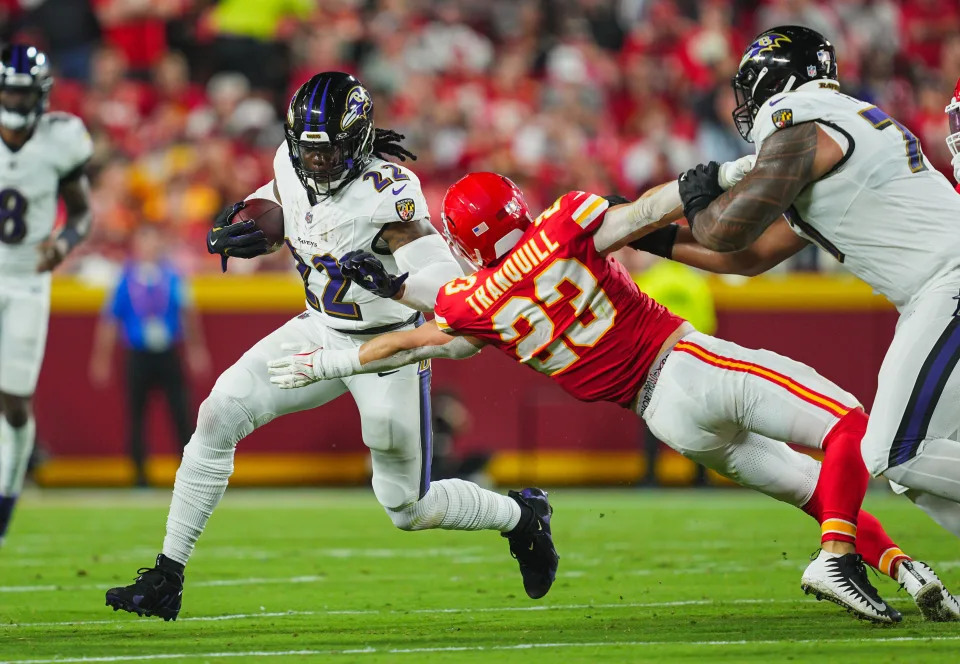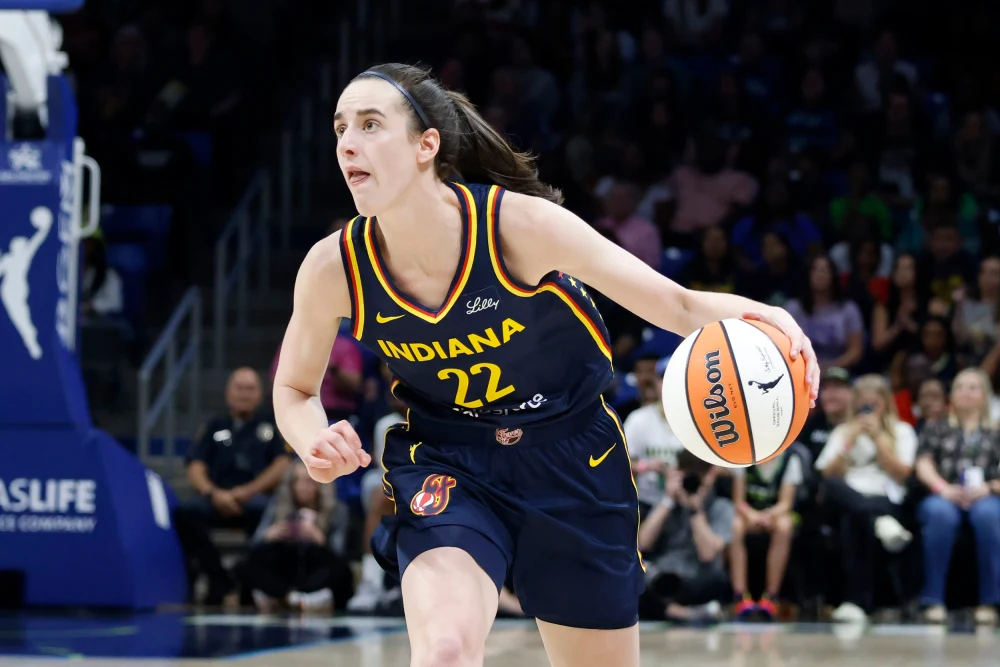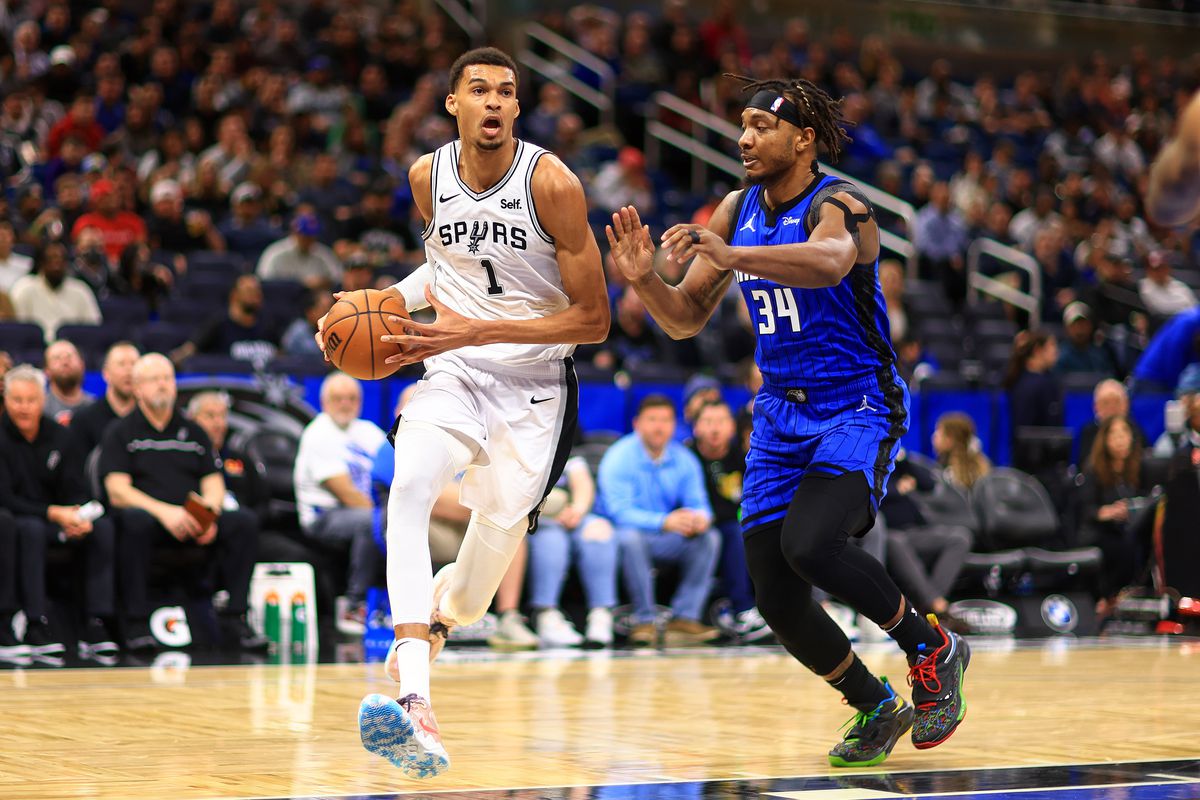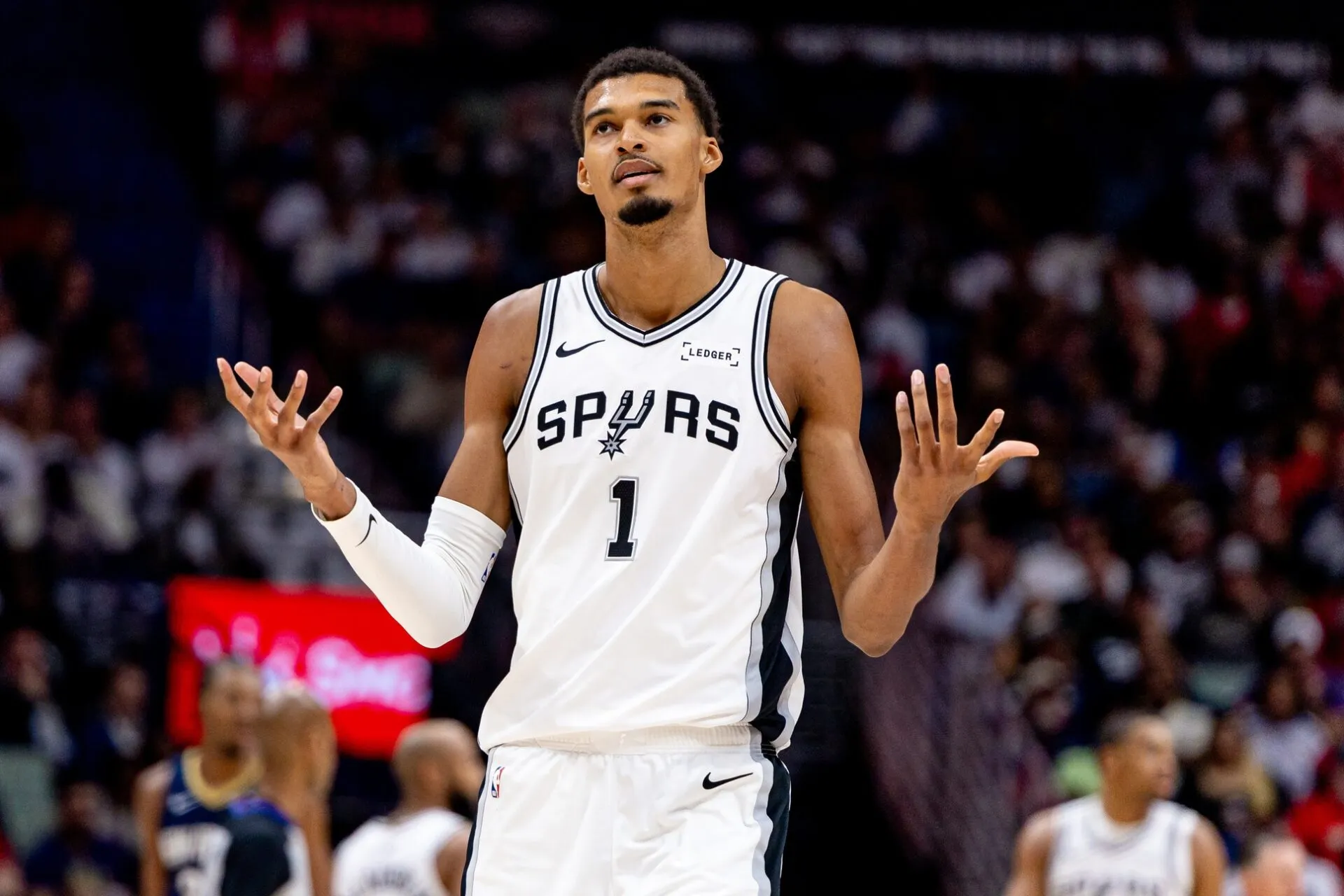Derrick Henry, widely regarded as one of the most physically dominant running backs in NFL history, has been a force to be reckoned with since entering the league. Drafted by the Tennessee Titans in the second round of the 2016 NFL Draft, Henry quickly earned a reputation for his punishing running style, combining size (6’3″, 247 lbs), speed, and durability. His career-defining moment came in 2019 when he led the NFL in rushing yards (1,540) and touchdowns (16), a feat he replicated in 2020 with an astounding 2,027 rushing yards, becoming only the eighth player in league history to surpass 2,000 yards in a season.
Nicknamed “King Henry,” his ability to maintain a high level of performance despite the physical toll of the position is a testament to his unique talent. After years as the centerpiece of the Tennessee Titans’ offense, Henry made headlines by joining the Baltimore Ravens for the 2024 season, adding a new chapter to his career. The Ravens, known for their strong running game, look to Henry to bolster their backfield and provide veteran leadership as they chase a championship. With the Ravens, Henry is expected to continue his punishing, ground-and-pound running style, complementing the team’s dual-threat quarterback, Lamar Jackson.
However, as with all running backs, questions arise about how much longer Henry can sustain his elite performance level, given the demanding nature of the position.
NFL Running Back Career Longevity
The average career length of an NFL running back is surprisingly short. Studies have shown that most running backs last about 2.57 years in the league, which is one of the shortest career spans of any position in professional sports. This is primarily due to the physical punishment running backs endure, as they often take the brunt of hits from large defenders at full speed. Over time, this wear and tear contributes to injuries that ultimately shorten careers.
For elite running backs like Derrick Henry, the longevity factor becomes even more critical as teams often rely on them to carry a significant workload. The challenge is maintaining peak performance despite the relentless physical toll.
Career Lengths of Great NFL Running Backs
Here’s a look at some of the greatest running backs in NFL history and how long they managed to sustain their careers:
Barry Sanders
Career: 1989–1998 (10 seasons)
Sanders, often considered the most elusive runner in NFL history, retired at the peak of his career after 10 seasons, finishing with 15,269 rushing yards. His ability to avoid big hits may have contributed to his relative health at retirement, but his early exit left many wondering what more he could have achieved.
Emmitt Smith
Career: 1990–2004 (15 seasons)
The NFL’s all-time leading rusher, Emmitt Smith, played 15 seasons and retired with 18,355 rushing yards. His remarkable durability and ability to avoid major injuries, along with running behind a dominant offensive line, helped him enjoy one of the longest careers for a running back.
Walter Payton
Career: 1975–1987 (13 seasons)
Known as “Sweetness,” Payton was an ironman who rarely missed games. He played 13 seasons, amassing 16,726 rushing yards and remaining the focal point of the Chicago Bears’ offense throughout his career.
LaDainian Tomlinson
Career: 2001–2011 (11 seasons)
Tomlinson was one of the most versatile running backs of his era, known for his dual-threat ability as both a rusher and receiver. His 11-year career yielded 13,684 rushing yards and 145 touchdowns, though injuries began to catch up with him in the later years.
Adrian Peterson
Career: 2007–2022 (16 seasons)
Peterson’s rare combination of speed, power, and vision allowed him to have an exceptionally long career for a running back, totaling 16 seasons. Known for bouncing back from major injuries, including a torn ACL in 2011, Peterson rushed for 2,097 yards the following season, one of the greatest comebacks in NFL history.
Frank Gore
Career: 2005–2020 (16 seasons)
Known for his consistency and ability to avoid major injuries, Frank Gore played 16 seasons, finishing third on the all-time rushing list with over 16,000 yards. His longevity is an outlier for a position that typically sees much shorter careers.
Eric Dickerson
Career: 1983–1993 (11 seasons)
Dickerson’s upright running style and explosive speed made him one of the best of his era. He holds the single-season rushing record with 2,105 yards in 1984, and while injuries hampered the latter part of his career, he still managed 11 seasons and 13,259 rushing yards.
Marcus Allen
Career: 1982–1997 (16 seasons)
One of the most versatile backs in NFL history, Marcus Allen could run, block, and catch passes out of the backfield. His 16-season career yielded 12,243 rushing yards and over 5,000 receiving yards. He was also a Super Bowl MVP.
Marshall Faulk
Career: 1994–2005 (12 seasons)
A dual-threat back who could hurt defenses as both a rusher and a receiver, Faulk played 12 seasons, amassing 12,279 rushing yards and 6,875 receiving yards. His ability to excel in multiple facets of the game helped redefine the running back position.
Jim Brown
Career: 1957–1965 (9 seasons)
Jim Brown is often considered the greatest running back of all time, despite retiring at the age of 29 after only nine seasons. In those nine years, he led the NFL in rushing eight times and totaled 12,312 rushing yards. His decision to retire while still in his prime left fans and analysts speculating how much further he could have gone.
Factors Affecting Running Back Longevity
Several factors impact how long a running back can sustain a career in the NFL:
Injury History: Running backs are particularly susceptible to injuries like torn ligaments, broken bones, and concussions due to the high-contact nature of the position.
Workload: The number of touches a back gets—whether through carries or catches—adds to the wear and tear on their bodies. Heavy-use backs like Henry face a steeper decline in performance as they accumulate more hits.
Style of Play: Power runners who invite contact often have shorter careers, while more elusive backs, like Barry Sanders, tend to avoid major hits and prolong their careers.
Support System: A strong offensive line and balanced offense can significantly reduce the number of hits a running back absorbs, allowing them to play longer.
Derrick Henry’s move to the Baltimore Ravens represents a new chapter in his illustrious career. Like many great running backs before him, Henry faces the challenge of maintaining his level of performance in the physically demanding NFL. While the average NFL running back’s career lasts less than three years, the greatest backs—like Emmitt Smith, Adrian Peterson, and Frank Gore—managed to extend their careers through a combination of talent, durability, and intelligent running styles.
As Henry continues his journey with the Ravens, fans will watch closely to see how long “King Henry” can continue to dominate. Regardless of how many more years he plays, his legacy as one of the NFL’s premier power runners is already well established.






